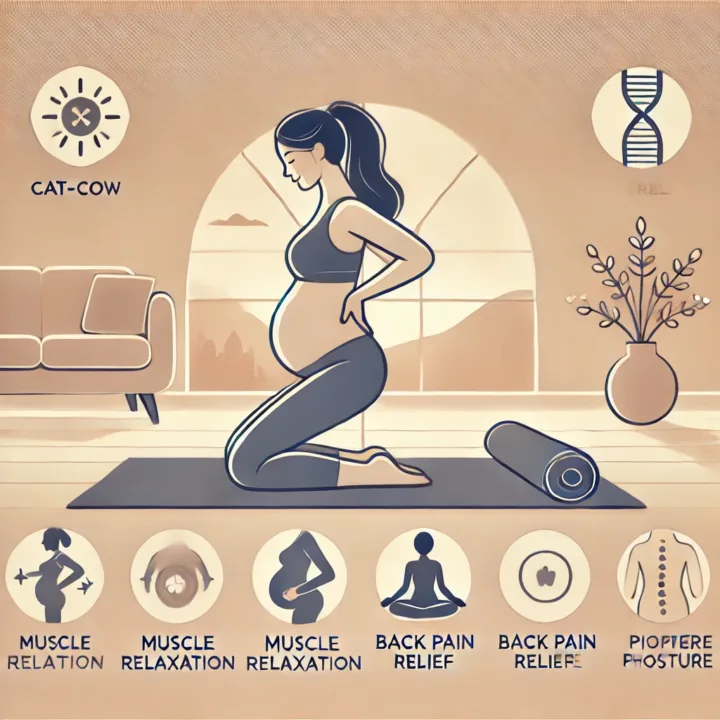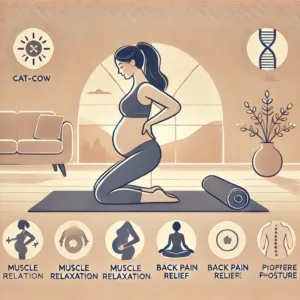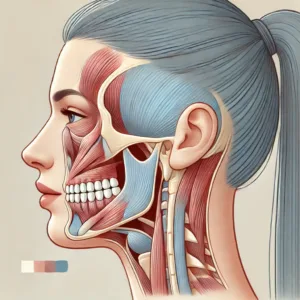Does Arthritis Get Worse in Cold Weather?
Table of Contents

Does Arthritis Get Worse in Cold Weather?
Does arthritis get worse in cold weather? If you’ve ever felt your joints ache as the temperature drops, you’re not alone. Many people with arthritis swear that they can predict the weather better than any meteorologist, simply by how their joints feel. But is there really a connection between cold weather and arthritis pain? Let’s dig into this chilly topic and find out.
The Cold Hard Truth About Arthritis and Weather
Many arthritis sufferers report that their symptoms flare up when the mercury dips. But why does this happen?
The Barometric Pressure Theory
One theory suggests that changes in barometric pressure are to blame. As the air pressure drops, tissues in the body may expand, putting pressure on joints.
The Cold Constriction Connection
Cold temperatures can cause muscles and tissues around joints to constrict, leading to stiffness and pain.
Types of Arthritis Affected by Cold Weather
Not all types of arthritis respond to cold weather in the same way. Let’s break it down:
Osteoarthritis: The Winter Warrior
Osteoarthritis, the wear-and-tear type of arthritis, often feels worse in cold weather. The cold can make joint fluid thicker, leading to increased stiffness.
Rheumatoid Arthritis: The Frosty Foe
People with rheumatoid arthritis may experience more severe symptoms in cold, damp conditions.
The Science Behind the Chill
While many people report worsening symptoms in cold weather, the scientific evidence is mixed. Let’s look at what researchers have found:
The Cloudy with a Chance of Pain Study
A large-scale study called “Cloudy with a Chance of Pain” found a link between weather conditions and arthritis pain. Participants reported more pain on cold, damp days.
The Temperature Tango
Some studies suggest that it’s not just the cold, but rapid changes in temperature that can trigger arthritis pain.
Beyond the Cold: Other Weather Factors
It’s not just the cold that can affect arthritis. Other weather conditions play a role too:
Humidity: The Hidden Culprit
High humidity can increase joint inflammation, making arthritis symptoms worse.
Rainy Days and Achy Joints
Some people report increased pain on rainy days. This might be due to changes in air pressure that come with stormy weather.
Managing Arthritis in Cold Weather
Don’t let the cold weather get you down. Here are some strategies to keep your joints happy when the temperature drops:
Layer Up for Warmth
Keeping your joints warm can help reduce pain and stiffness. Dress in layers to trap heat close to your body.
Stay Active Indoors
Cold weather might make you want to hibernate, but staying active is crucial for managing arthritis. Try indoor exercises like swimming in a heated pool or yoga.
Warm Up Before Heading Out
Before braving the cold, do some gentle stretches to warm up your joints.
The Indoor Environment Matters Too
It’s not just about what’s happening outside. Your indoor environment can affect your arthritis too:
Keep It Warm, But Not Too Dry
Use a humidifier to add moisture to the air in your home. Dry air can increase joint stiffness.
Create a Cozy Sleep Environment
Invest in warm bedding and consider using an electric blanket to keep your joints warm at night.
Nutrition for Winter Arthritis Management
What you eat can affect how your body responds to cold weather:
Omega-3s: The Cold-Weather Warrior
Foods rich in omega-3 fatty acids, like fish and walnuts, can help reduce inflammation.
Vitamin D: The Sunshine Supplement
With less sunlight in winter, make sure you’re getting enough vitamin D through diet or supplements.
When to Seek Help
While it’s normal for arthritis symptoms to fluctuate, sometimes you need professional help:
Red Flags to Watch For
If your pain is severe, persistent, or accompanied by other symptoms like fever, it’s time to see a doctor.
Exploring Treatment Options
Your doctor might suggest adjusting your medication or trying new treatments to manage winter flare-ups.
The Psychological Impact of Winter Arthritis
The cold weather blues aren’t just physical. They can affect your mental health too:
Beating the Winter Blues
Stay connected with friends and family, and consider light therapy to combat seasonal affective disorder.
Mind-Body Techniques
Practices like meditation and deep breathing can help you cope with increased pain and stress.
Conclusion
Does arthritis get worse in cold weather? For many people, the answer is yes. While the scientific evidence is mixed, the experiences of countless arthritis sufferers can’t be ignored. Cold weather can indeed exacerbate arthritis symptoms for some people. But remember, you’re not powerless against the cold. By understanding how cold weather affects your joints and taking proactive steps to manage your symptoms, you can stay comfortable and active all winter long. Don’t let the cold weather freeze you out – with the right strategies, you can keep your arthritis in check no matter what the thermometer says.
FAQs
- Can moving to a warmer climate cure my arthritis?
While some people find relief in warmer climates, moving won’t cure arthritis. It’s important to manage your condition wherever you live. - Are there any specific exercises that help with arthritis in cold weather?
Low-impact exercises like swimming in a heated pool, yoga, or tai chi can be particularly beneficial in cold weather. - Can wearing copper bracelets help with arthritis pain in winter?
Despite popular belief, there’s no scientific evidence that copper bracelets help with arthritis pain in any season. - How can I tell if my joint pain is from arthritis or just from the cold?
If your pain persists even when you’re in a warm environment, it’s more likely to be arthritis. Consult with a doctor for a proper diagnosis. - Does cold weather affect all types of arthritis equally?
No, different types of arthritis can respond differently to cold weather. Osteoarthritis and rheumatoid arthritis are often more affected than other types.
Citations:
[1] https://www.arthritis.org.au/arthritis/arthritis-insights/living-with-arthritis/how-cold-weather-impacts-arthritis/
[2] https://www.benchmarkpt.com/blog/body-pain-due-to-cold-weather-does-temperature-affect-arthritis/
[3] https://www.medicalnewstoday.com/releases/93858
[4] https://arthritisjax.com/blog/does-cold-weather-affect-arthritis/
[5] https://versusarthritis.org/news/2021/november/staying-warm-this-winter/
[6] https://www.arthritis.org/health-wellness/healthy-living/managing-pain/understanding-pain/best-climate-for-arthritis
[7] https://www.arthritis.org/health-wellness/healthy-living/daily-living/life-hacks-tips/cold-weather-checklist-for-people-with-arthritis
[8] https://orthoinfo.aaos.org/en/diseases–conditions/arthritis-of-the-hand/













Post Comment